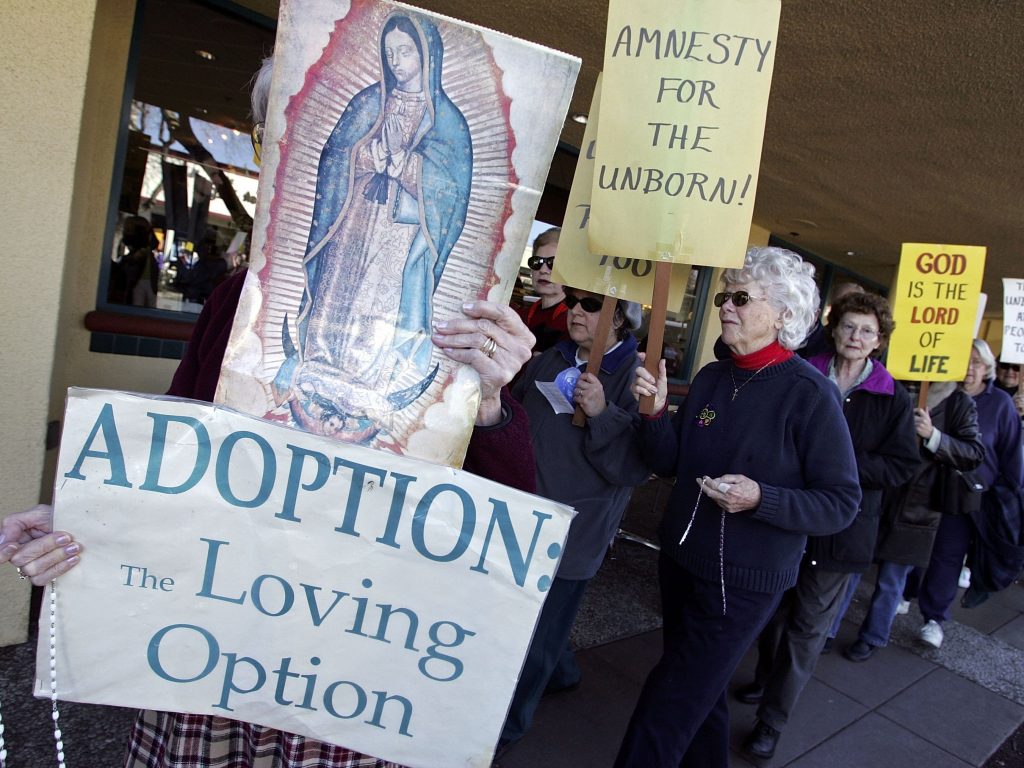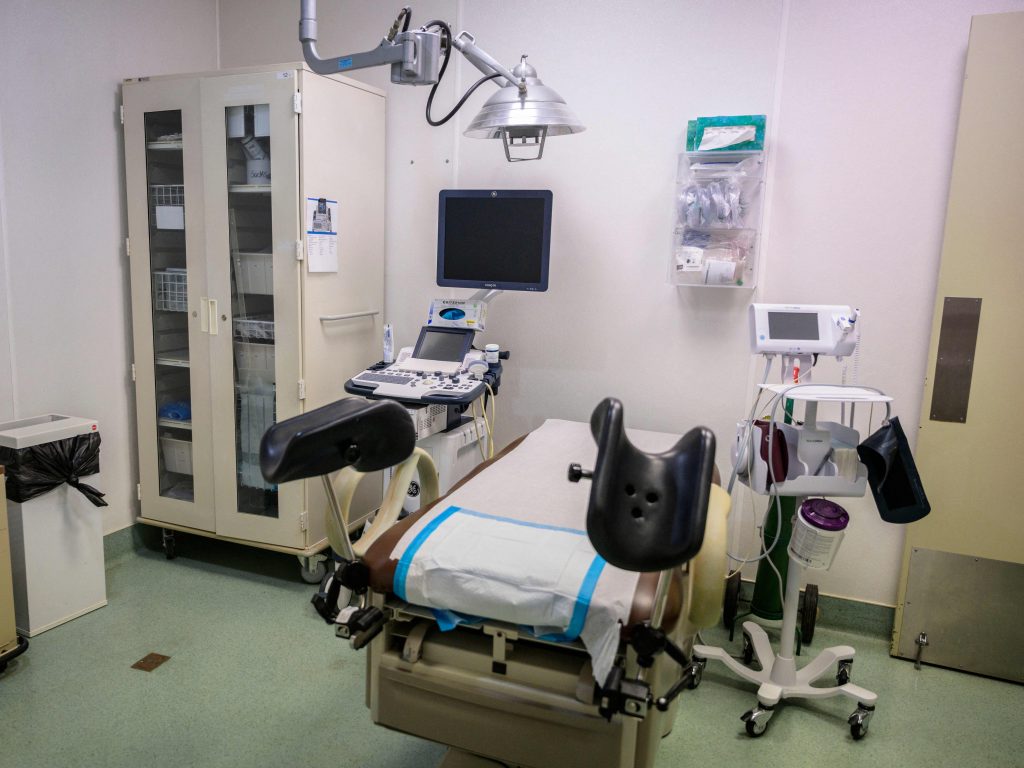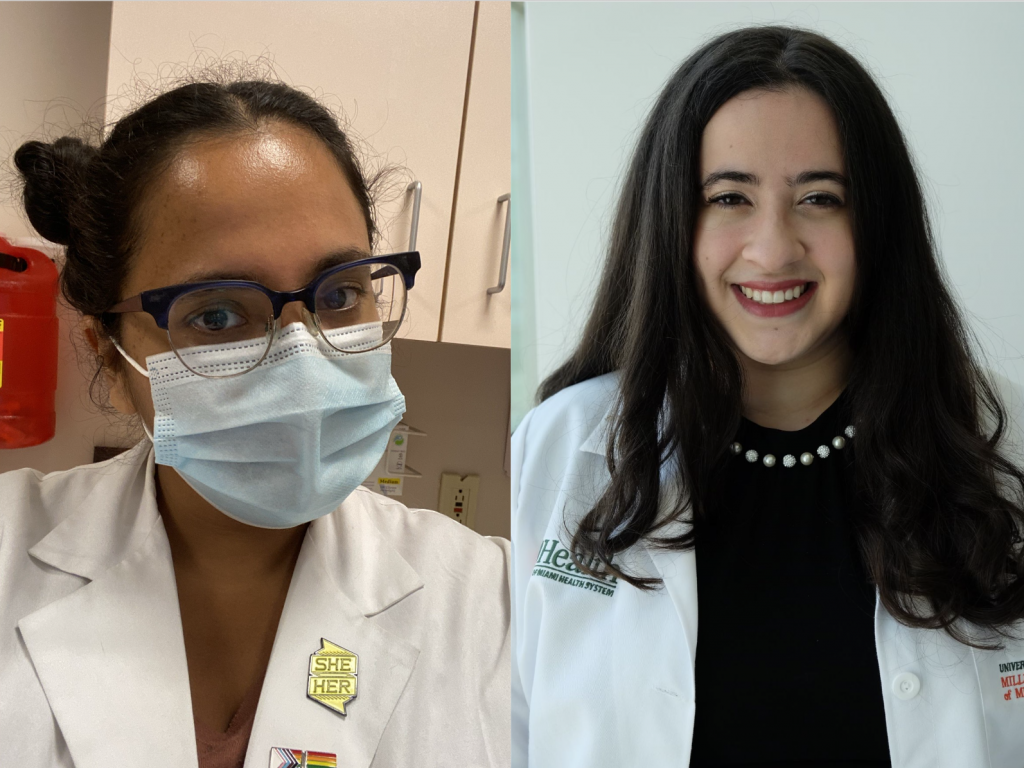- Several states have imposed bans on abortion since the Supreme Court overturned Roe v. Wade.
- The decision has worried many medical students who are interested in becoming OBGYNs.
- Students said bans on abortion could limit their training and exposure to life-saving care.
Before the Supreme Court overturned Roe v. Wade, Lyle Suh was heavily considering becoming an obstetrician-gynecologist.
But now she's less sure.
"This has pushed me away more for my own mental health," Suh, who is in her third year of medical school, told Insider. "I truly can't see myself going into a field that is governed so heavily. Like medicine already has so many things that are out of our hands – this kind of just adds another shackle to what we can do."
Suh's experience echoes those of other medical students who are considering specializing in reproductive care but also recognize they will enter a field where they will have to navigate confusing bureaucratic catacombs and a political minefield.
'They're going to have to go through all of these hurdles'
Natalie Sorias, a third-year medical student at the University of Massachusetts, told Insider that she's passionate about women's reproductive healthcare, and despite the challenges ahead, she'll most likely continue to try to work in the field.
"I went into medical school trying to keep as much of an open mind as possible," Sorias told Insider, "but the population that I really care about is women."
Sorias, who also researches female genital mutilation in Cairo, said she noticed that the "people who were kind of neglected, were women" and that "inevitably impacts children."
As a first-generation Egyptian-American, Sorias said she was disappointed, heartbroken, and angry by the decision to overturn Roe v. Wade.
"Being immigrants – people come to America bragging about its advancements and its incredible healthcare and all these things," she said. "I just kind of really hoped that being in this country would mean being a part of the worldwide example of reproductive justice. It's just kind of embarrassing that we're not and it's really disappointing for the people that it would affect."

She is now concerned about matching into a residency program in a state that does not offer the full range of education on reproductive health, including abortions at various stages, as well as how competitive programs may become in states where abortion is legal.
Following medical school, students continue training in a residency program, where they become resident physicians. Nearly 44% of obstetrics and gynecology residents – or 2,638 out of 6,007 – are training in programs located in states that are "certain or likely to lack access to in-state abortion training" because of statewide bans on the procedure, according to an April study published in the journal "Obstetrics & Gynecology."
"That's not only difficult," Sorias said. "It also very much increases the competition for anybody trying to go into [Obstetrics], which is gatekeeping a career that needs more providers to begin with."
Eshani Dixit, a medical student at Rutgers Robert Wood Johnson Medical School, echoed Sorias' concern.
"It definitely is looking more and more difficult in terms of making sure I have access to education that's not only relevant to my desire to become an abortion provider but also just relevant to the practice of obstetrics and gynecology as a field and making sure that we're providing quality care to our patients," Dixit told Insider.
She said she fears being in a state where only a medical emergency will allow her to perform an abortion legally.
"But I'm nervous about being in those types of situations and not having the exposure to adequately care for the patients that I am serving," she said.
Morgan Levy is a third-year med student at the University of Miami in Florida, where abortions are banned after 15 weeks with a few exceptions, such as to save a pregnant patient's life.
Levy said she will have to consider a residency rotation out of state because she worries that there is a "significant portion of the training in the field" that she "would not be able to obtain simply because the procedure would not be legal for a patient to get."
"I think that's a reality that a lot of students are going to face," Levy said. "They're going to have to go through all of these hurdles to go and find somewhere that they can actually get the training they're looking for."
'We do what's best for the patient'

The "Obstetrics & Gynecology" study recommended that programs establish "travel rotations for residents to obtain abortion training in states with protected abortion access." However, the study noted that travel rotations may not be feasible for the large number of residents that are training in states with limited access to abortion.
The Accreditation Council for Graduate Medical Education, which accredits residency programs, submitted proposals that would require programs in states with restrictions on abortion to provide residents with alternative training in states that don't.
"The proposed revisions help ensure obstetrics and gynecology residency programs provide residents with the knowledge, skills, and abilities necessary to practice comprehensive reproductive health care in the United States without resulting in any resident, physician educator, or residency program violating the law," a spokesperson for the ACGME said in a statement.
The proposed revisions are still open for public comment before they are submitted to the ACGME Board for approval.
Suh said she is fearful of providers becoming too apathetic to patients' needs as they are now placed in uncertain circumstances when seeking abortions.
"We do what's best for the patient. We go through the best treatment, then the next," she said. But she said if she ends up in a state abortion is restricted then the scope of her training and the care she can deliver are compromised.
She added that she thinks doctors have to do their best to do no harm and "when there's fully set laws that prevent you from giving the best possible care to a patient, that's just very mentally taxing."
Suh said even if she ends up in a state where abortion isn't heavily banned, there's still a ripple effect.
"Even though we're in a state that it's very much still legal to get an abortion, we are seeing a noticeable increase in the amount of people who come in to see what options there are to permanently become infertile," Suh said.
Both Sorias and Suh said they're concerned about the adequate training all residents in OBGYN are going to receive as a result of states having different policies.
"Every single OBGYN should be well trained and skilled at providing abortions because it is life-saving care," Sorias said. "So it doesn't make any sense to me that over 50% of the country's OBGYN providers are in a place where they don't know how to do that. I would be very disappointed and scared."
Maureen Phipps, chief executive officer of the American College of Obstetricians and Gynecologists, said that following the overturn of Roe, "the impact on physician training will be dire, and the consequences will be long lasting."
"Medical education should be comprehensive, and our trainees must be prepared to meet all patient needs with confidence. When 44% of OBGYN residents are trained in states that are now empowered to ban abortion, patients will have to question whether their ob-gyn has had access to the quality of training that we have all come to expect," Phipps said in a statement.
